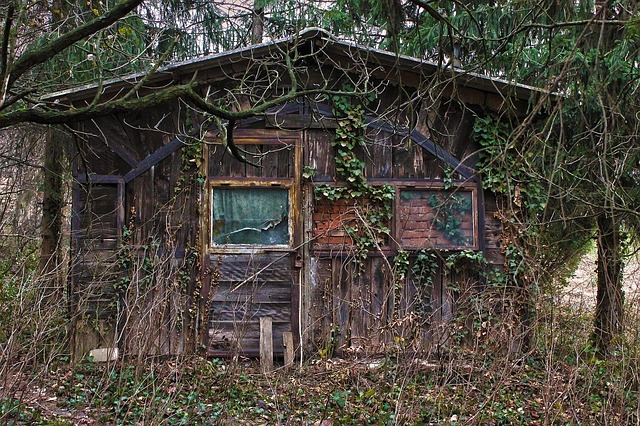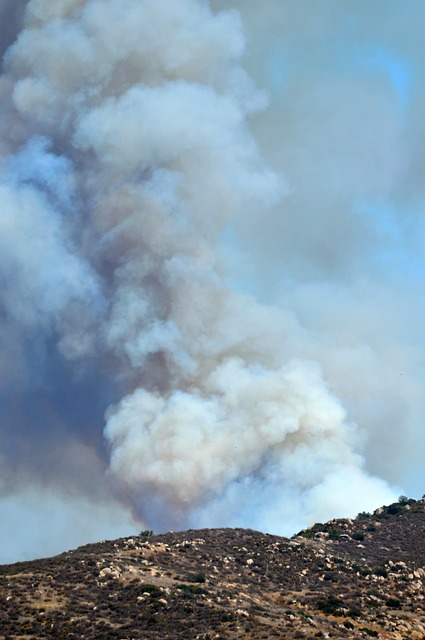“Real estate investors play a pivotal role in California’s housing market, particularly when it comes to fire-damaged properties. This article delves into the motivations and strategies these investors employ, offering a comprehensive guide for both professionals and homeowners looking to navigate this unique segment. From understanding the investor’s perspective on purchasing fire-damaged homes in California to exploring legal and ethical considerations, we provide insights to facilitate successful transactions while ensuring fairness and transparency.”
- Understanding Real Estate Investors: Their Role and Motivation
- The Market for Fire-Damaged Properties in California
- Strategies for Selling Fire-Damaged Homes to Investors
- Legal and Ethical Considerations for Real Estate Investors in California Home Sales
Understanding Real Estate Investors: Their Role and Motivation

Real estate investors play a pivotal role in shaping the housing market, particularly in areas like California where the real estate landscape is dynamic and ever-evolving. These investors are not just buying properties; they are driving economic growth and contributing to local communities. Their primary motivation often lies in generating substantial returns on their investments, which can be achieved through various strategies such as flipping houses, long-term rental income, or property appreciation.
When it comes to specific scenarios like selling fire-damaged homes in California, investors step into a unique niche. Fire-damaged properties present both challenges and opportunities. Investors who specialize in this area recognize the potential for renovation and transformation. They may see beyond the immediate damage, understanding that with careful rehabilitation, these homes can be restored to their former glory or even improved, catering to the diverse preferences of modern buyers.
The Market for Fire-Damaged Properties in California

In California, the market for fire-damaged properties presents a unique opportunity for real estate investors. With frequent wildfires affecting various regions across the state, many homeowners are left with destroyed or severely damaged residences, leading to an influx of properties available for purchase at competitive prices. This scenario offers investors a chance to acquire valuable land and real estate at reduced costs, especially in high-demand areas that are known for their resilience and recovery post-disaster.
Selling fire-damaged homes in California can be an attractive proposition due to the state’s robust housing market and effective reconstruction efforts. Investors who identify promising locations and secure these properties early on may benefit from significant returns once the affected areas rebound. Many buyers, including first-time homeowners or investors looking for renovation projects, are drawn to the potential for transforming these damaged homes into welcoming residences, contributing to the local community’s recovery and growth.
Strategies for Selling Fire-Damaged Homes to Investors

When it comes to selling fire-damaged homes in California, real estate investors can be a valuable resource for homeowners looking to rebuild and recover. To attract investors, it’s crucial to understand their priorities: return on investment (ROI) and quick turnaround time. Effective strategies include thorough disclosures and transparent communication about the extent of damage and potential repairs needed.
Presentaing a detailed, itemized list of repair costs and potential value increases post-renovation can demonstrate a sound investment opportunity. Additionally, partnering with experienced contractors who can provide realistic estimates and timelines for restoration work is essential. Investors appreciate properties with clear paths to rehabilitation, so showcasing the home’s potential after repairs, through before-and-after photos or virtual tours, can be highly persuasive.
Legal and Ethical Considerations for Real Estate Investors in California Home Sales

When engaging in real estate transactions, especially involving the sale of a selling fire damaged home California, investors must navigate a complex web of legal and ethical considerations. In California, strict regulations govern property sales to protect both buyers and sellers from fraudulent practices and ensure transparency. Investors need to be well-versed in local laws pertaining to disclosure requirements, particularly when it comes to disclosing any historical damage or repairs made after a fire incident.
Ethical conduct is equally paramount. Investors should uphold the highest standards of integrity by being honest and transparent with prospective buyers about the property’s history. This includes providing accurate information about fire damage, restoration efforts, and any potential residual effects. Concealing such details not only violates ethical guidelines but also may lead to legal repercussions, especially if a buyer makes a decision based on inaccurate or incomplete information.





